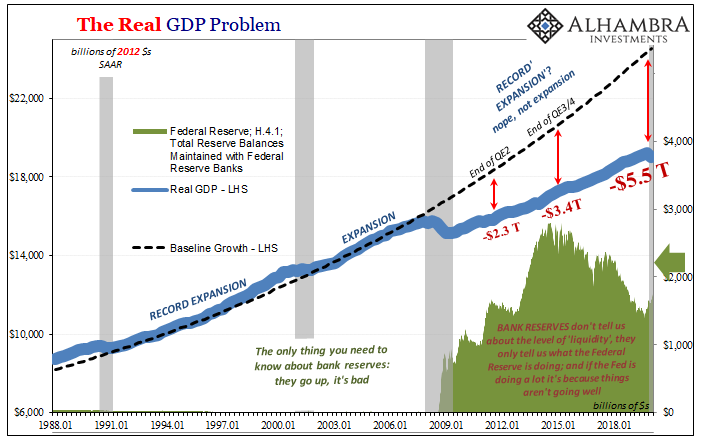iHeart: https://ihr.fm/31jq7cI
Castro: https://bit.ly/30DMYza
TuneIn: http://tun.in/pjT2Z
Google: https://bit.ly/3e2Z48M
Spotify: https://spoti.fi/3arP8mY
Castbox: https://bit.ly/3fJR5xQ
Stitcher: https://bit.ly/2C1M1GB
Overcast: https://bit.ly/2YyDsLa
PocketCast: https://pca.st/encarkdt
PodcastAddict: https://bit.ly/2V39Xjr
[Emil’s Summary] The Communist Manifesto was in response to the 1820-30s. Marxism’s worldwide appeal in the 1930s was a consequence of the 1920s. And now, in response to the 2010s, it’s ascendant again.
———-WHY———-
Published in 1862, Les Misérables by Victor Hugo is “the novel of the century” according to David Bellos, professor of French and comparative literature at Princeton University. When asked on The Great Books podcast what qualifies this novel to be on the show Bellos responded, “It tackles a huge range of human experience, with an enormous amount of passion. If there ever was a great book, it must be Les Misérables.”
The story focuses on ‘the suffering ones’, ‘the humiliated’. It’s set in the social, political and economic upheaval of early-nineteenth century France. ‘The poor people who are worthy of our pity’ were caught up in the consequences of what Jeff Snider calls the first modern business cycle. Michael Pettis, in his 2001 book The Volatility Machine, identifies it as the first modern deglobalization. And Friedrich Engels called it “the first general crisis”.
Engels is, of course, the co-author of the Communist Manifesto, published in 1848 in response to the shocking, worldwide disorder. Karl Marx and Engels are said to suggest that capitalism has an expiration date; that capitalism was an ahistorical phenomenon which would burn up the limited fuel of labor and then sputter. And at that point communism would take over and redistribute the existing wealth equitably because there was a limit to human wealth creation.
This, over the long sweep of history, is a pessimistic view of human character and potential. But humans don’t live across history, they have a handful of decades. And when capitalism does find itself in a cul-de-sac as it did during the first general crisis, and the Long Depression, and the Great Depression and now this — Year 13 of the Silent Depression, well then terminal capitalism sounds perfectly reasonable.
In this the 15th episode of Making Sense, Jeff Snider discusses the barricades and autonomous zones of Les Misérables, Marx and Engles’ thesis, late-stage capitalism, the Soviet Union, and present-day China; but all in defense of capitalism without denying that it’s going down the wrong road — toward the barricades.
Articles discussed:
The Economic Boom You Heard About Never Really Was
Far too often those making up the “middle” have rejected the economic narrative of inequality as nothing more than standard dogma, boilerplate Marxist platitudes, unaware or unwilling to take a closer look at why and, more importantly, why now.
What do you think a roaring stock market signals to the ten maybe fifteen million missing out of the labor force since the first (21st century) global financial crisis? It tells them the system must be rigged, that this booming economy they keep hearing about must only apply to a limited set that purposefully excludes them and nearly everyone they know. And then to champion Federal Reserve Chairmen, one after another, for this “accomplishment.”
Ben Charles X Bernanke and Jay Philippe d’Orléans Powell. Janet Yellen, vicomte de Martignac.
A Massive Problem That Has Them Searching For One
What’s preventing this self-evident revolution is the injustice of this system hanging on by a thin thread. With no real strength anymore, it’s down to the use of corrupt, militarized police forces whose sole true purpose is, as the socialists declare, to prevent the inevitable and total collapse they’d really, really like to see and celebrate.
Yes, statues are just the first step.
The only chart you’ll need:



Stay In Touch